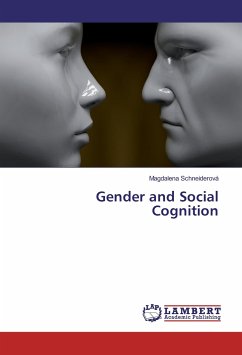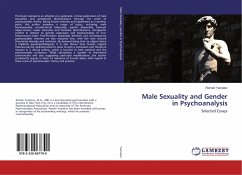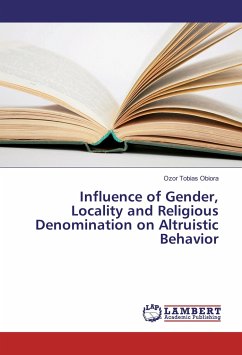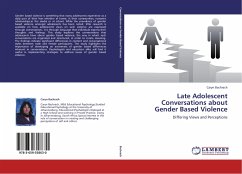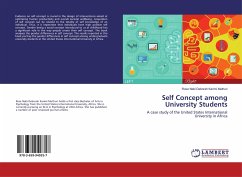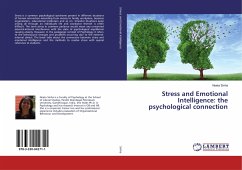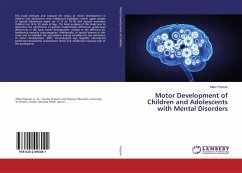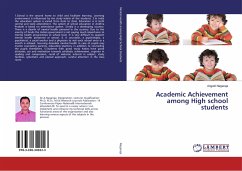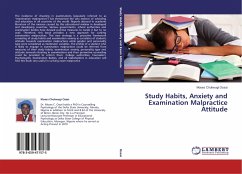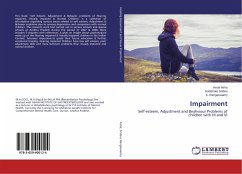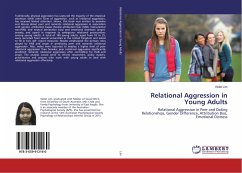
Relational Aggression in Young Adults
Relational Aggression in Peer and Dating Relationships, Gender Difference, Attribution Bias, Emotional Distress
Versandkostenfrei!
Versandfertig in 6-10 Tagen
34,99 €
inkl. MwSt.

PAYBACK Punkte
17 °P sammeln!
Traditionally, physical aggression has captured the majority of the empirical attention while other form of aggression, such as relational aggression, has received limited attention. Hence, this book was written to examine and discuss about peer and romantic relational aggression in association with gender, attribution biases (hostile attribution bias (HAB), instrumental non-HAB, and neutral attribution bias) and emotional distresses (anger, anxiety, and upset) in response to ambiguous relational provocations among young adults. A total of 189 young adults, aged from 18 to 25, were recruited f...
Traditionally, physical aggression has captured the majority of the empirical attention while other form of aggression, such as relational aggression, has received limited attention. Hence, this book was written to examine and discuss about peer and romantic relational aggression in association with gender, attribution biases (hostile attribution bias (HAB), instrumental non-HAB, and neutral attribution bias) and emotional distresses (anger, anxiety, and upset) in response to ambiguous relational provocations among young adults. A total of 189 young adults, aged from 18 to 25, were recruited from several universities in the United Kingdom and asked to fill in two self- report measures. Results emphasized the primary roles played by HAB and anger in predicting peer and romantic relational aggression. Also, males were reported to employ a higher level of peer relational aggression than females; peer relational aggression significantly predicted romantic relational aggression after controlling for HAB and anger. The analysis would serve to inform researchers, policy makers, practitioners and anyone who work with young adults to deal with relational aggression effectively.



